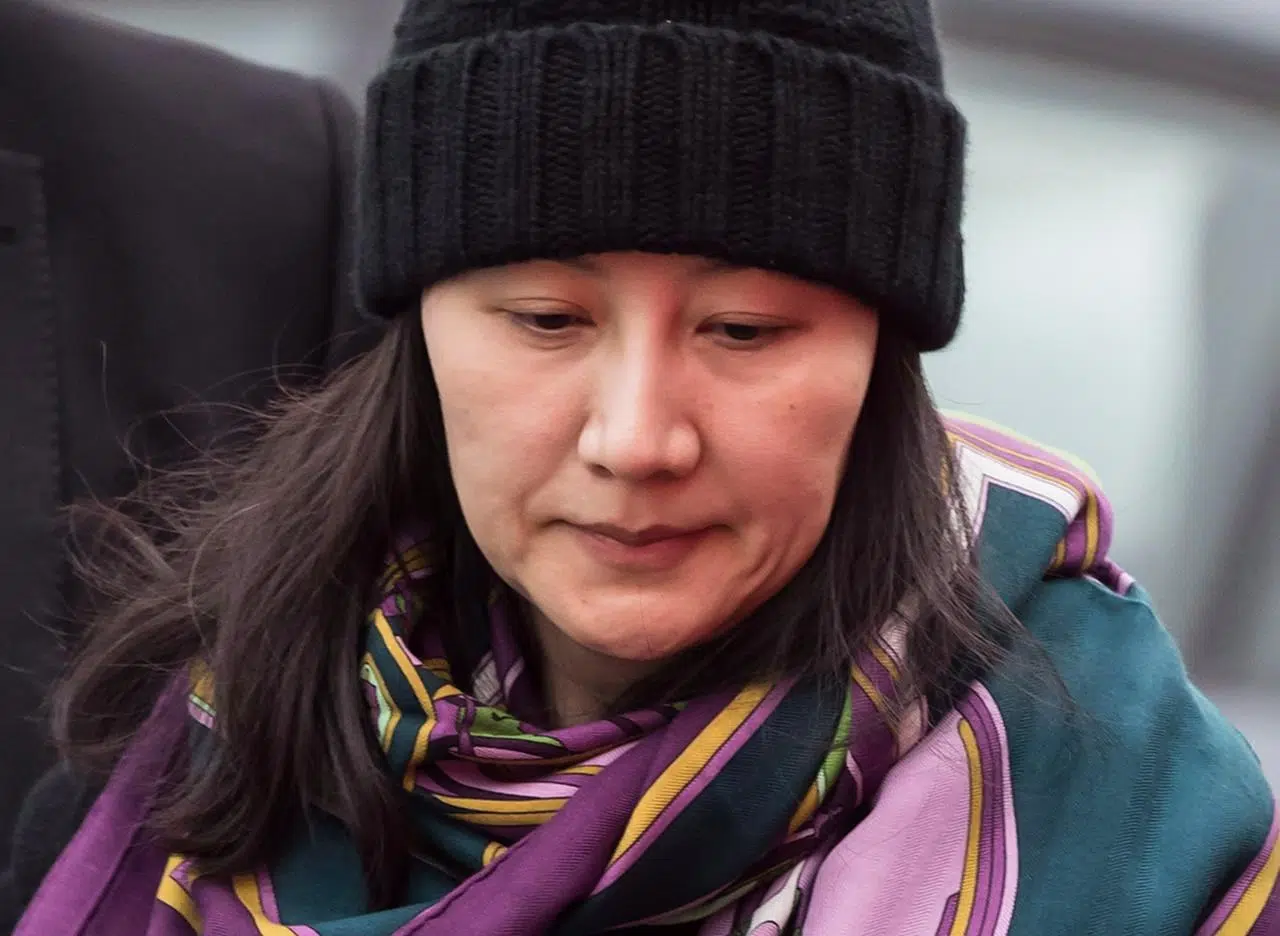BEIJING — China issued fresh demands Tuesday that the U.S. abandon its request that Canada extradite a senior telecom executive who was detained in Vancouver last month, turning its attention to the States in the ongoing diplomatic spat.
Foreign Ministry spokeswoman Hua Chunying said in Beijing that Meng Wanzhou’s case was out of the ordinary and Canada’s extradition treaty with the U.S. infringed on the “safety and legitimate rights and interests of Chinese citizens.”
Hua said China wants the U.S. to withdraw the arrest warrant against the Huawei Technologies executive and “not make a formal extradition request to the Canadian side.”
The demand comes a day after 140 international China experts — including five former Canadian ambassadors — urged President Xi Jinping to free two Canadians detained in apparent retaliation for Meng’s arrest.
The letter praises former diplomat Michael Kovrig and entrepreneur Michael Spavor as bridge-builders between China and the world, and said their detentions will make its authors “more cautious” about travelling to China.
“Kovrig and Spavor’s detentions send a message that this kind of constructive work is unwelcome and even risky in China,” the letter says. “That will lead to less dialogue and greater distrust, and undermine efforts to manage disagreements and identify common ground. Both China and the rest of the world will be worse off as a result.”
China detained the pair on Dec. 10 in an apparent attempt to pressure Canada to release Meng, who was arrested Dec. 1 at the request of U.S. authorities.
Meng’s arrest has infuriated China, which also sentenced Canadian Robert Lloyd Schellenberg to death last week for a previous drug-smuggling conviction.
Meng is Huawei’s chief financial officer and the daughter of its founder, Ren Zhengfei. Huawei has close ties to China’s military and is considered one of the country’s most successful international enterprises, operating in the high-tech sphere where China hopes to establish dominance.
Meng is living under house arrest in her Vancouver mansion while her case is under deliberation. Kovrig and Spavor are being held in Chinese jails and have yet to be granted access to lawyers, according to those who have contact with them.
The detentions and deteriorating relations have spilled over into talks on Huawei’s push to build Canada’s next-generation wireless networks.
China’s ambassador to Canada warned last week of repercussions if the federal government bars Huawei from supplying equipment for faster, more resilient communications systems than cellphone users have now.
When asked Monday about the government’s ongoing national-security review of Huawei’s potential involvement, federal Public Safety Minister Ralph Goodale said there are other suppliers besides Huawei that can set up Canada’s 5G networks.
A Chinese foreign-ministry spokeswoman attempted to play down the earlier remarks by Chinese Ambassador Lu Shaye, who told reporters in Ottawa last Thursday that there would be “repercussions” if Canada bans Huawei from 5G work.
— With files from The Associated Press
The Canadian Press







